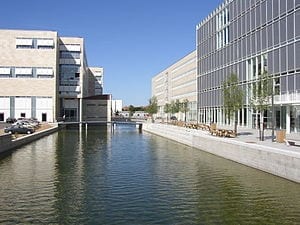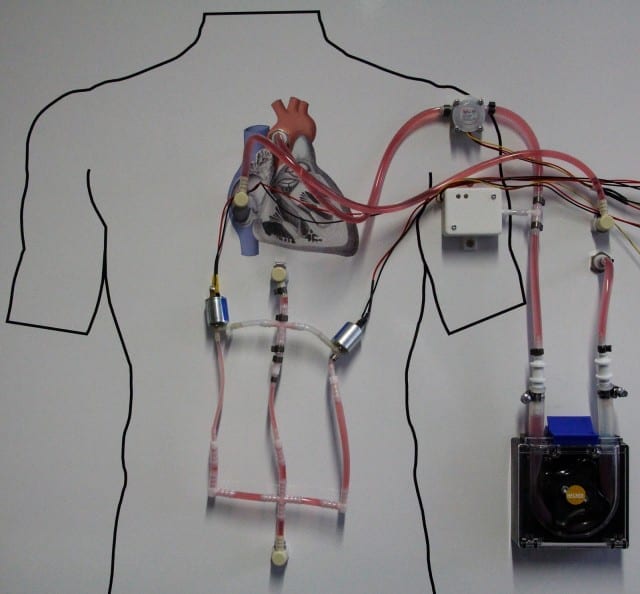
A new centre at the University of Copenhagen and CBS will equip relief aid organisations, authorities, media and politicians to better manage future disasters.
By bringing together experts from various disciplines in a Disaster Situation Room, Copenhagen Center for Disaster Research, COPE aims to pool and build on knowledge from various sources on disaster management, and to bring the newest findings from the field of research to society before, during and after the disaster strikes.
When the tsunami devastated Asia in 2004 killing several hundred thousands of people, the disaster attracted aid organisations and media attention from all over the world within a very short time. But even though the will to help was huge, the result was in many cases a chaotic handling of the disaster. Indeed, it lacked coordination, collaboration between different professions, and in-depth knowledge about the communities in the affected areas. This inspired a group of academics and people who work in the field to introduce the Master of Disaster Management at the University of Copenhagen, now followed by the opening of COPE, the Copenhagen Centre for Disaster Research. “We have known for years from experience in the field that disaster management demands contributions from many different kinds of disciplines. But we have also seen how difficult it is to bring various professions together. This is also the case for disaster research, which traditionally has been divided into isolated topics. For the first time now, we are combining experts from all kinds of professions, from health and anthropology to literature, law and economy. With a set of minds that think very differently, we believe that we can challenge and improve the conventional way to deliver aid relief and understand disasters”, explains the head of the research centre,Peter Kjær Mackie Jensen.
Academic disciplines mixing with the field
COPE is developed in collaboration between the Copenhagen Business School, CBS, and the University of Copenhagen, but the centre also draws upon expertise from several organisations outside the academic world. The Danish Emergency Management Agency, DEMA, for example is a member of COPE’s Advisory Board and is planning a PhD project on the topic of risk conception and risk management in complex society systems. “The world today is more complex and fast-moving than ever before. Our infrastructures are closely linked, and the exchange of information happens at high speed. This gives us many new opportunities to develop our societies in positive directions. But the complexity of society can also lead to increased numbers of severe accidents and disasters, which develop far more unpredictably and irregularly than earlier. We must prepare ourselves for what we know and expect, but we must also prepare ourselves to unpredictable events, and this is why we need research in contingency planning, damage control and disaster management,” points out director of DEMA, Henning Thiesen.
Changing routines and putting the media back on track
In COPE, researchers and people working in the field will be physically sitting together in a hands-on ‘Disaster Situation Room’ and will be thus enabled to provide short-term and long-term advice when a disaster strikes. Moreover, news providers are another target group COPE hopes to reach. Indeed, the media coverage of disasters has a great influence on the outcome of relief work: the media can contribute to creating a hype, which many parties might have an interest in, but which often harms the people in the affected disaster area. Read more . . . via University of Copenhagen
The Latest Streaming News: Disaster management updated minute-by-minute
Bookmark this page and come back often
Latest NEWS
Latest VIDEO








